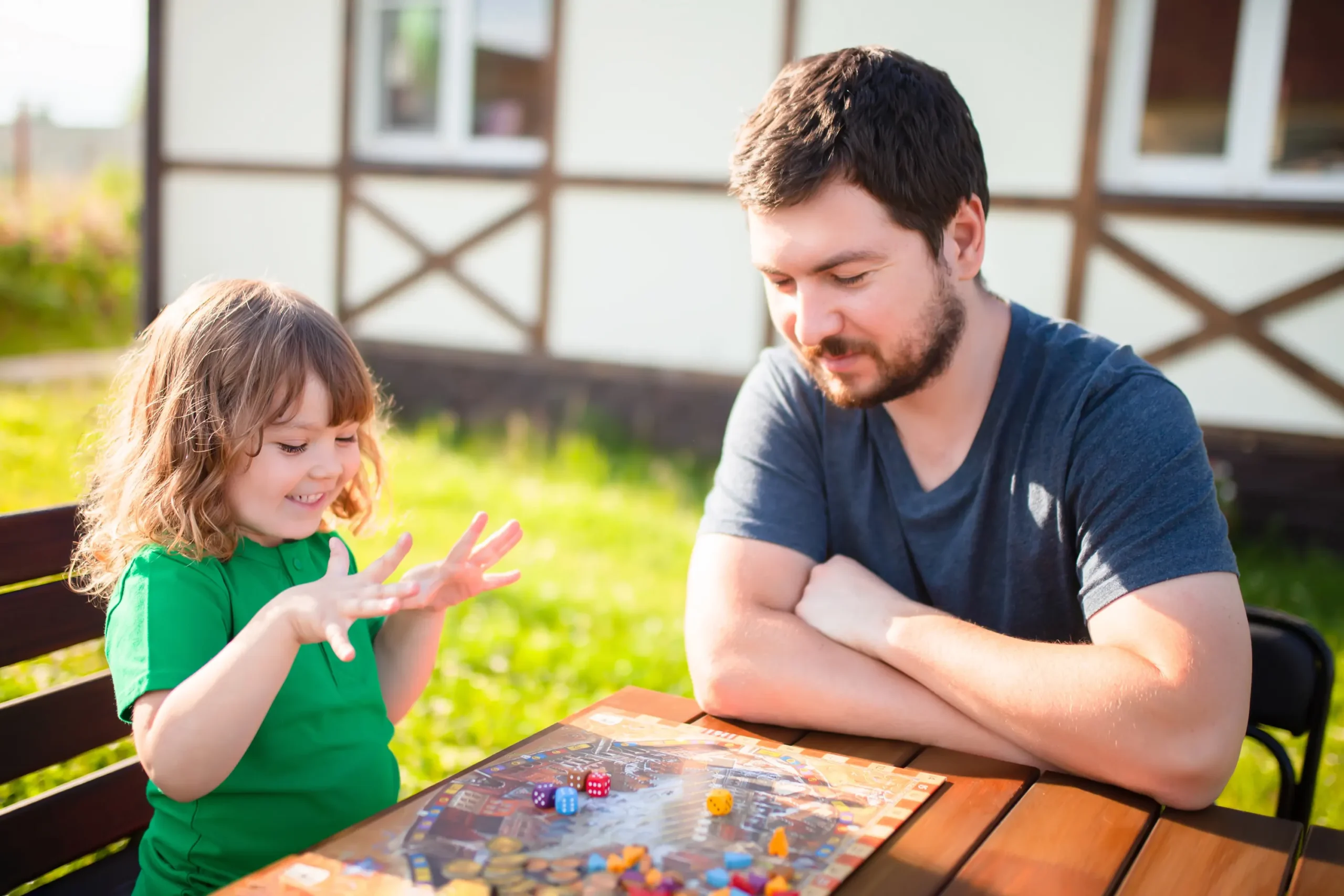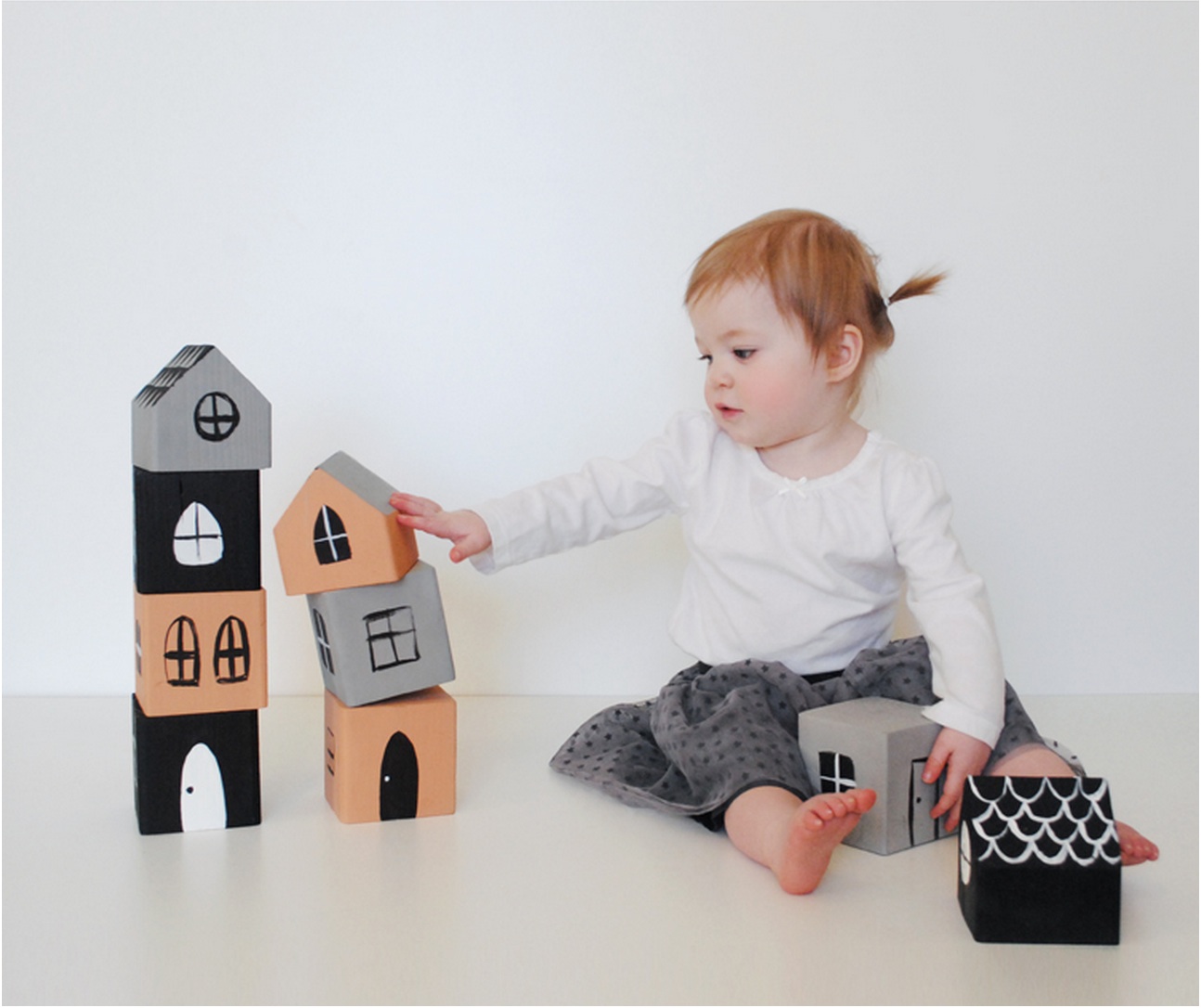
Navigating Co-Parenting: A Dad’s Guide to a Healthy Relationship with Your Ex
Co-parenting with an ex can be challenging, but having a respectful, business-like relationship is important for the well-being of your children. As a dad, you play a key role in setting the tone for how you and your ex interact. With some thoughtfulness and effort, you can establish a decent co-parenting relationship. Here are some tips:
Communication is Key
Clear, regular communication with your ex is not just a nice-to-have but a necessity for smooth co-parenting. Establishing an agreed-upon method of communication is your first step, be it phone calls, texting, email, or specialized co-parenting apps. Once that’s settled, consistency is your ally—stick to schedules, weekly updates, and predefined channels to maintain a steady flow of information.
Discussing the children’s schedules, activities, medical appointments, and educational progress should be the staple of your conversations. Promptly address issues as they arise, and ensure that major decisions involving the children are made jointly. To avoid misunderstandings, some families even opt for shared calendars or decision-making apps specifically designed for co-parents.
While the focus should be on the kids, it’s equally crucial to pay attention to the tone and timing of your interactions. Keep conversations brief, cordial, and solution-oriented, avoiding venting sessions that could take the focus away from your children’s well-being. Always remember: The goal is constructive communication, not winning an argument.
Set Healthy Boundaries
Setting healthy boundaries in co-parenting is an ongoing and dynamic process that requires a considerable degree of patience, understanding, and cooperation. Healthy boundaries in co-parenting are a cornerstone of creating a nurturing and positive environment for your child’s growth and development. By continually prioritizing your child’s needs, maintaining open and respectful communication, and being willing to adapt and seek support when necessary, you can navigate the complexities of co-parenting successfully. Remember that your efforts to create a harmonious co-parenting relationship are an invaluable gift to your child, providing them with the stability and love they need to thrive.
Manage Disagreements Constructively
Let’s face it; you won’t always see eye-to-eye with your ex, but how you manage those disagreements can set the tone for your entire co-parenting relationship. First and foremost, always aim for calm, rational conversations. Emotional flare-ups can derail any discussion and prevent constructive solutions. If tempers start to rise, consider postponing the conversation or moving it to a written format, such as an email or a letter, where both parties can better organize their thoughts.
Choosing the right setting for challenging conversations can make a significant difference. Opt for neutral grounds where both of you can feel comfortable and less defensive. Sometimes a familiar but impartial place, like a local coffee shop, can help keep the conversation civil.
The art of compromise is essential in co-parenting. Learn to differentiate between “wants” and “needs,” and be willing to make concessions on less critical issues for the greater good of your children. Should disagreements reach an impasse, don’t hesitate to consult a neutral third party like a mediator or a trusted mutual friend. Objective perspectives can often break the stalemate and guide you towards a mutually acceptable resolution.
The most crucial point to remember is to protect your children from any parental conflicts. The emotional toll of seeing their parents in disagreement can be damaging. If you need to vent or seek advice, turn to a friend, family member, or even a professional counselor, but not in the vicinity of your children. Keep your conflicts and emotional struggles away from their sight and awareness to maintain a sense of stability and security for them.
Be Supportive and Flexible
Being a supportive and flexible co-parent requires a commitment to your child’s well-being, effective communication, and a willingness to adapt to changing circumstances. By actively listening, embracing change, and fostering a supportive environment for your child’s relationships, you can create a nurturing co-parenting dynamic that benefits your child’s emotional and psychological development. Remember that your child’s happiness and stability are the ultimate goals of your co-parenting journey, and being supportive and flexible are invaluable tools in achieving those goals.
Focus on the Kids
It’s easy to get caught up in your grievances or disagreements with an ex. But staying focused on what’s best for the kids makes co-parenting much smoother. Keep their physical and emotional well-being at the center. Your children should feel loved and secure with both parents. With their needs as the priority, you can better navigate the co-parenting journey.
Co-parenting requires cooperation, patience and putting your kids first. But starting with the right attitude and maintaining open communication sets the stage for an amicable relationship with your ex. Your efforts to co-parent well provide stability and model good problem-solving for your children. Most importantly, it shows them that they are more important than any conflict between parents.




